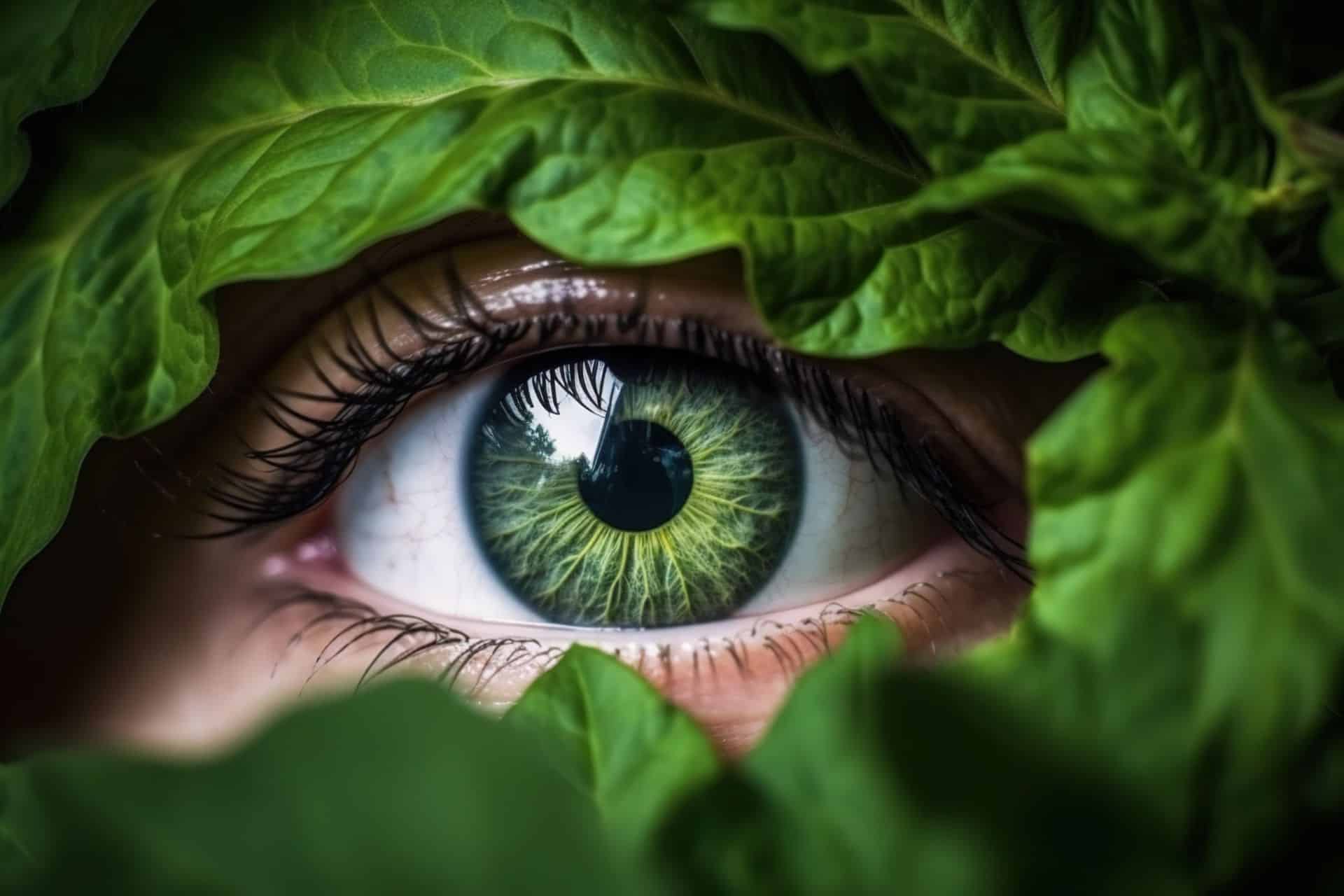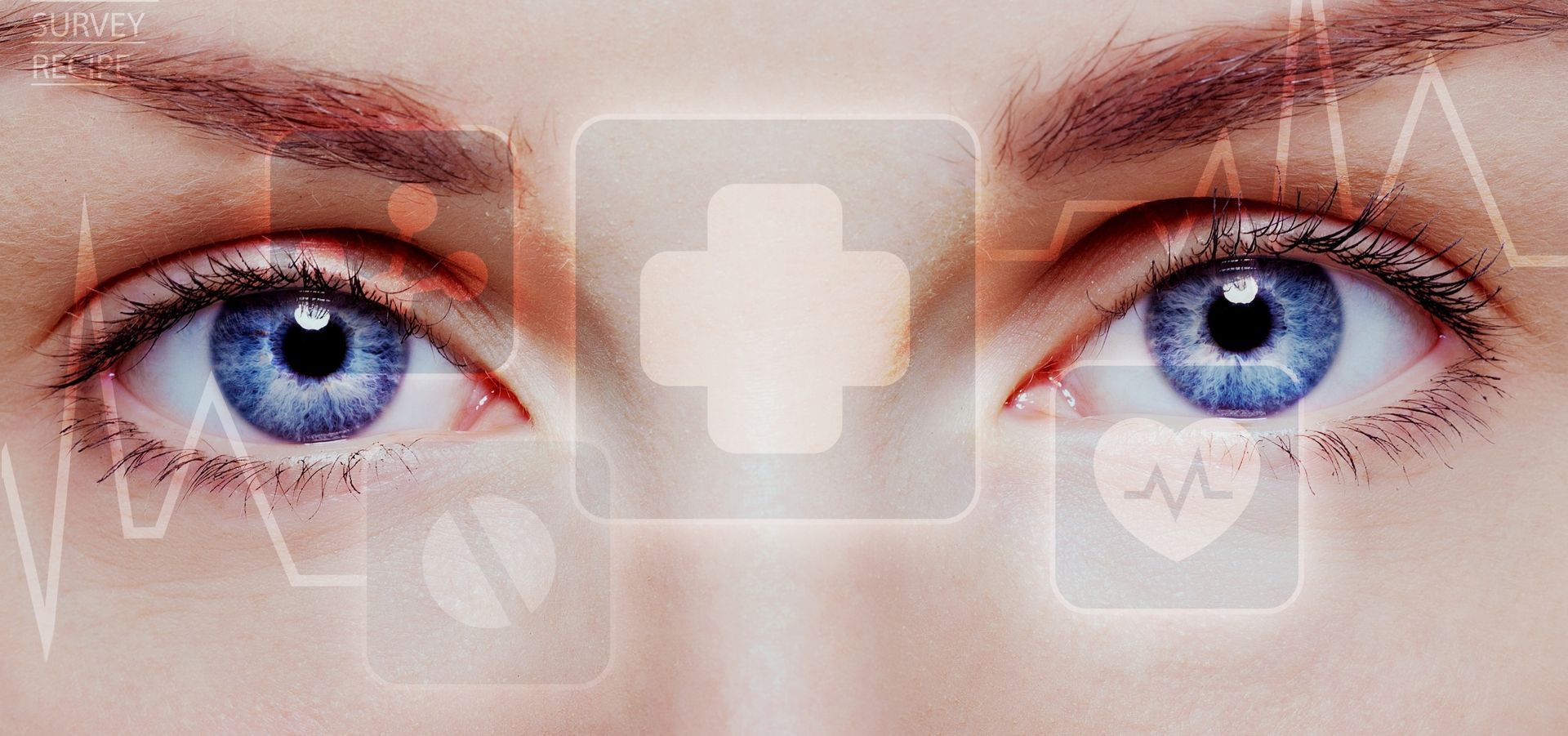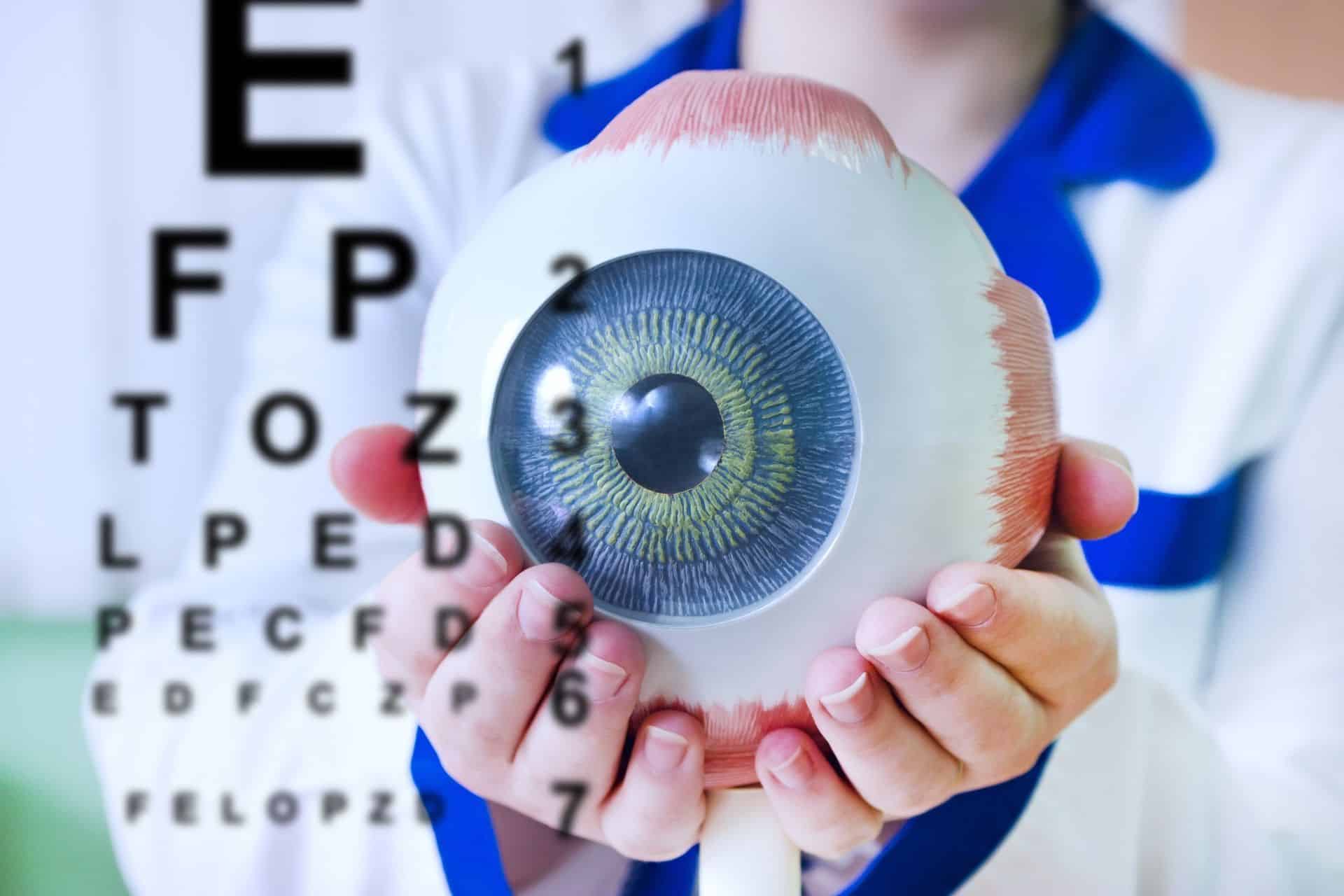Taking care of the eyes is key to maintaining good eye health, preserving vision long-term, and preventing eye disease. Wearing sunglasses and protective eyewear, using artificial tears (eyedrops), avoiding excessive screen use and sun exposure, visiting your eye doctor frequently –
what else can we be doing?
Those things are all equally important to the health and function of your eyes, but there’s one major piece to the puzzle that we left out – nutrition. It’s one of those things that can improve your life in dozens of different ways, but improved vision is one of the least-talked-about benefits of eating a well-balanced diet.
If this is news to you, then don’t panic – you’re not alone, and we’re here to help. By the end of this article, you’ll have a clear idea of what nutrients are necessary for good eye health, what foods you should be eating more of, what foods you should be avoiding, and other nutrition tips that’ll keep your eyes smiling.
Boost Your Eye Health with These Essential Nutrients
The eyes are organs and, like other organs in the body, they require a unique combination of nutrients to function effectively and efficiently – your eyes are hungry, too! The problem is most people don’t know what nutrients the eyes need and, therefore, don’t know what foods to target for improved eye health.
That ends today – here are some of the most essential nutrients to boost eye health and vision:
- Vitamins – some of the best vitamins for eye health include Vitamins A, C, E, and D.
- Zinc – helps produce melanin, which protects the eyes from the sun’s harmful UV rays.
- Omega-3 Fatty Acids – reduces the risk of age-related macular degeneration, dry eyes, and glaucoma.
- Beta-Carotene – a pigment that the body naturally converts to Vitamin A.
- Lutein – a carotenoid with antioxidant properties that helps protect the eyes from sun exposure.
- Zeaxanthin – a carotenoid with antioxidant properties that helps protect the eyes from sun damage.
- Flavonoids – known for their antioxidant properties and reducing the risk of age-related eye diseases.
Not eating enough of any one nutrient can create a chemical imbalance in the eye, which can damage eye health and function. That’s why your
eye doctor often reminds you to eat a healthy, well-balanced diet on a regular basis. They’re not trying to be annoying or sound like your parents – they’re trying to help!

What Are the Best Foods for Optimal Eye Health?
Now that we know what nutrients our eyes prefer, we can start to build a menu tailored around keeping your eyes healthy and happy – though it’s important to note that there are hundreds of foods, even more combinations and/or meals that can be made, and preferences are going to be different for everyone.
With that said, here are some of the most popular foods optimal for eye health and function:
- Green leafy vegetables (spinach, kale, collard greens) are rich in vitamins, Lutein, and Zeaxanthin.
- Carrots are rich in Vitamin A and Beta-Carotene.
- Citrus fruits (oranges, grapefruits, lemons) contain high amounts of Vitamin C.
- Eggs contain Lutein, Zeaxanthin, and Vitamin A.
- Almonds, peanuts, and hazelnuts are rich in Vitamin E.
- Fatty fish (salmon, tuna, sardines) are a great source of omega-3 and other essential fatty acids.
- Poultry, beef, pork contain high amounts of Zinc, Lutein, and Zeaxanthin.
- Red peppers are rich in Vitamins A and C, Lutein, and Zeaxanthin.
For good measure, here are some foods you should avoid if you want to take better care of your eyes:
- Fried foods
- Processed foods
- Simple and refined carbohydrates
- Saturated and trans fat
- Sweetened drinks
- Unhealthy fats (vegetable oils)
Your personal preferences might differ and there might be some foods on that list that are deal-breakers, but this isn’t an all-encompassing list – it’s just an introduction to all the other foods you could eat for better eye health. Use it as a foundation, but don’t hesitate to ask your
eye doctoror nutritionist for more advice.

Other Nutrition Tips for Fueling the Eyes
Introducing new foods to your healthy diet and saying goodbye to some of your (unhealthy) favorites isn’t easy. It’s like kicking any other habit – your body will do its best to put up a fight, but it’ll eventually come to its senses and give in. Getting there will take a bit of resilience on your part, but it’s nothing you can’t handle!
Here are some additional nutritional tips to help you fuel the eyes:
- Introduce a lot of different colors into your meals (eat the rainbow)
- Lean sources of protein are best for ocular health
- If something would be considered ‘junk food,’ try avoiding it
- Set aside healthy snacks to eat throughout the day (like nuts, sunflower seeds, or a healthy trail mix)
- Make sure you’re reading nutrition labels before eating anything
- If you’re interested in taking vitamin supplements, make sure you do your research first
- It’s not just about eating right – you also need to exercise regularly and stay physically active
- Eat a healthy balance of carbs, fat, and protein – you need all three!
It’s going to be different, and you’re going to have to make some sacrifices, but your eyes will reward you with the miraculous gift of eyesight for many more years to come. It’s a small price to pay for something that will result in a happier, healthier, and more rewarding life – so make sure you don’t take it for granted!

Preserve Your Vision at Milwaukee Eye Surgeons
You know what nutrients your eyes need, and you know what foods to add (and avoid) to your weekly meal plan – what more is there to do? Well, changing your eating habits will certainly give your eyes a much-needed health boost, but there’s much more to
taking care of the eyes than just eating habits.
At Milwaukee Eye Surgeons, we use state-of-the-art technology and industry-leading methods to not only detect eye disease in its earliest stage, but also diagnose, treat, and prevent age-related eye disease or vision loss – that way, our patients can get back to doing the things they enjoy most. Book your next eye appointment with us today!


